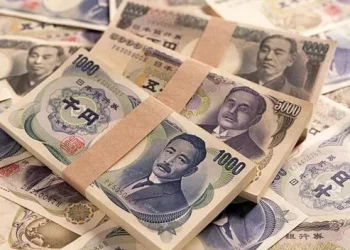The influence on Chinese export enterprises, especially labor-intensive enterprises, is: 1.
In case of appreciation, the price of China’s exports in foreign currency will rise in order to keep the RMB price floor unchanged, which will weaken its price competitiveness.
If the foreign currency price of export products remains unchanged, it is bound to squeeze the profit margin of export enterprises, which is bound to affect export enterprises, especially labor-intensive enterprises.
2. It is not conducive to China’s introduction of overseas direct investment.
After the appreciation of the RMB, although it will not have a material impact on the foreign investors who invest in China, it will have a negative impact on the foreign investors who will invest in China, because it will increase their investment costs.
In this case, they may redirect their investment to other developing countries.
3. Increase domestic employment pressure.
The impact of a stronger yuan on exporters and overseas direct investment will ultimately be felt in employment.
Because most of our export products are labor-intensive products, export obstruction will inevitably increase employment pressure;
Foreign-owned enterprises are one of the sectors that provide the most jobs.
The slowdown in foreign investment growth will make the domestic employment situation more severe.
4. It affects the stability of financial markets.
If the RMB appreciates, it will easily lead to a financial crisis when the development of China’s financial market is still very imperfect.
5. Big money threatens to shrink.
Sufficient reserves are an important sign of China’s growing strength and opening-up. They are also a strong guarantee for China to promote domestic economic development and participate in foreign economic activities.



























